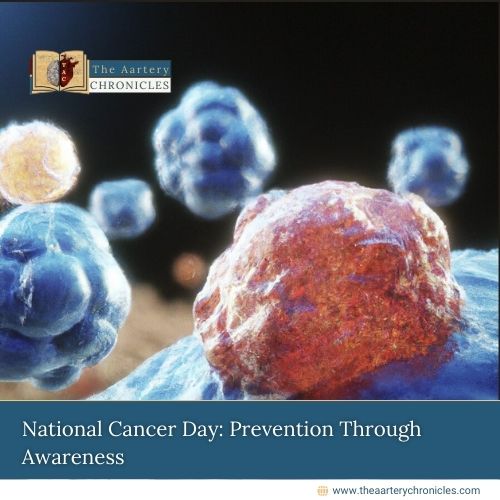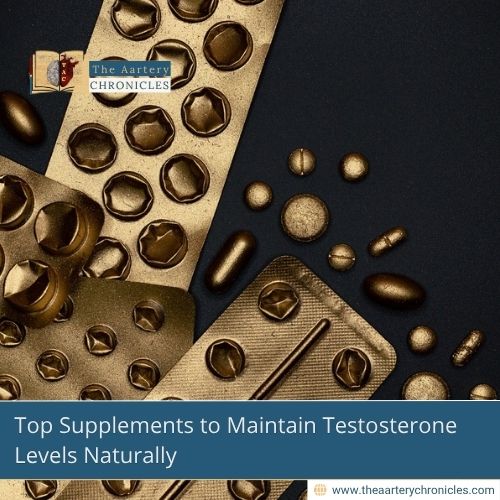

Folic Acid and Folate: Know Why You Need It
Overview
Folic acid is a water-soluble vitamin (B9) and a form of folate that helps our body make new healthy cells. All cells in the body need folic acid. Folic acid and folate play vital roles in several bodily functions, especially cell growth, prenatal health, and metabolism.
Forms
Folic acid is an artificial form of folate, vitamin B. There are several forms of folate or vitamin B9, including folates that occur naturally in foods and artificial forms:
- Dihydrofolate (DHF)
- Folic acid
- Tetrahydrofolate (THF)
- 5, 10-methylenetetrahydrofolate (5, 10-methylene-THF)
- 5-methyltetrahydrofolate (5-methyl-THF or 5-MTHF)
Important functions of folate and folic acid in the body
- Formation of red blood cells: Folate and Folic acid are crucial for producing new red blood cells. Its deficiency can cause megaloblastic anemia resulting in weakness because of insufficient oxygen transport.
- Homocysteine Regulation: Folic acid keeps Homocysteine levels in check, which is linked with reduced risk of developing heart disease.
- RNA and DNA synthesis: Folate and Folic acid play a key role in DNA and RNA production and repair, necessary for cell division and growth. This is especially critical during times of growth like infancy, adolescence, and pregnancy.
- Folate collaborates with vitamins C and B12 to facilitate the breakdown, utilization, and synthesis of new proteins.

Folate deficiency anemia
Insufficient folate levels may cause folate deficiency anemia which is most common during pregnancy. Alcoholism and some other medications for anxiety, seizures, and arthritis can also cause folate deficiency anemia.
Some signs of folate deficiency anemia can be:
- Headache
- Pale skin
- Sore mouth and tongue
- Fatigue
- Gray hair
- Peptic ulcer
Folic acid supplements are available on prescription and come in tablets and liquids. It can also be combined with ferrous sulfate, ferrous fumarate, and other multivitamins and minerals for treating iron deficiency anemia
Importance of folate and folic acid in women’s health
Folate and folic acid are important nutrients and everyone needs them to be healthy, however, it is particularly important for women:
- During and Before pregnancy:
- Folic acid prevents unborn children from severe birth issues known as neural tube defects. These abnormalities may occur during the early weeks of pregnancy even before a woman knows she is pregnant.
- The Office on Women’s Health advises women of childbearing age to take between 400 and 800 micrograms of folic acid each day to help prevent these birth abnormalities
- It also prevents a lot of other birth issues and early loss of pregnancies. According to the experts, as half of the pregnancies in the US are unplanned, physicians recommend all women consume sufficient folic acid.
- Promoting healthy blood levels
- Insufficient levels of folic acid in the body can cause folate deficiency anemia
- Folate deficiency anemia is more commonly seen in women than men and is a significant concern as it plays a vital role in fetal development and reproductive health.
- Along with roles such as prevention of neural tube defects and cell growth, some studies have shown that folate may considerably enhance fertility by improving the quality of oocytes.
Risks of insufficient folic acid during pregnancy
Insufficient folic acid during pregnancy is associated with an increased risk of neural tube defects which affects the brain, spinal cord, and spine and may lead to death.
- Spina bifida: Occurs when the baby’s spinal column fails to close fully during development. Hence the nerves controlling the legs and organs do not function properly. Children with spina bifida have prolonged disabilities and may require several surgeries.
- Anencephaly: In this, the majority or all of the brain and skull remain undeveloped. Nearly all infants with this condition do not survive past birth or shortly thereafter.
Foods containing folate
- Leafy green vegetables such as spinach
- Nuts
- Whole grains
- Beans
- Oranges
- Meat
- Poultry, chicken, etc.
From 1998 onwards, the FDA mandated manufacturers to add folic acid to processed food items. Folic acid is incorporated into refined or processed foods:
- Pasta
- Breads
- Rice
- Cornmeal
- Flours
- Breakfast cereals









